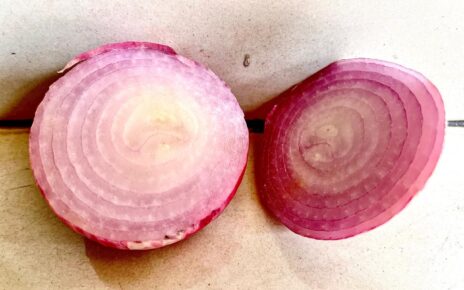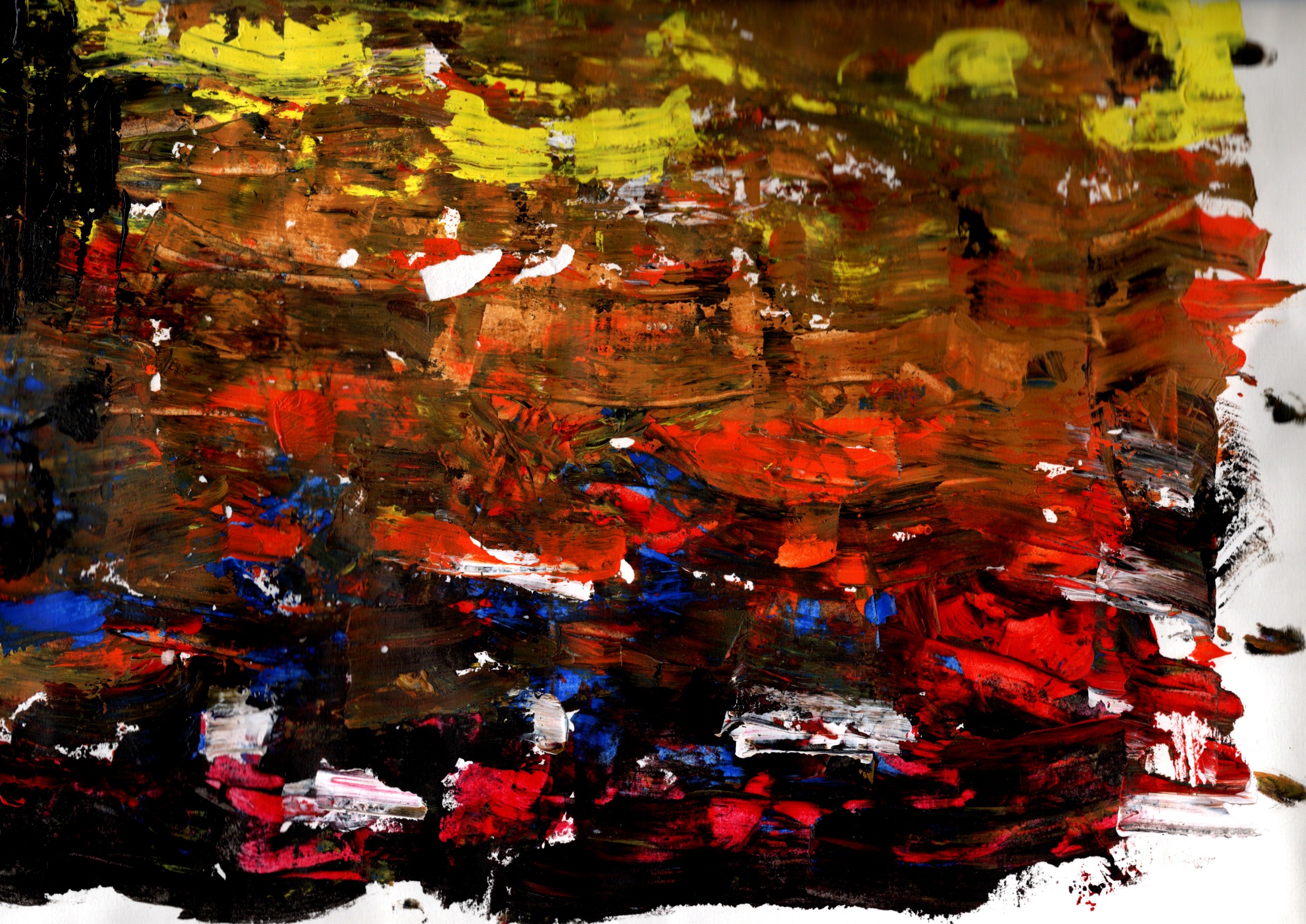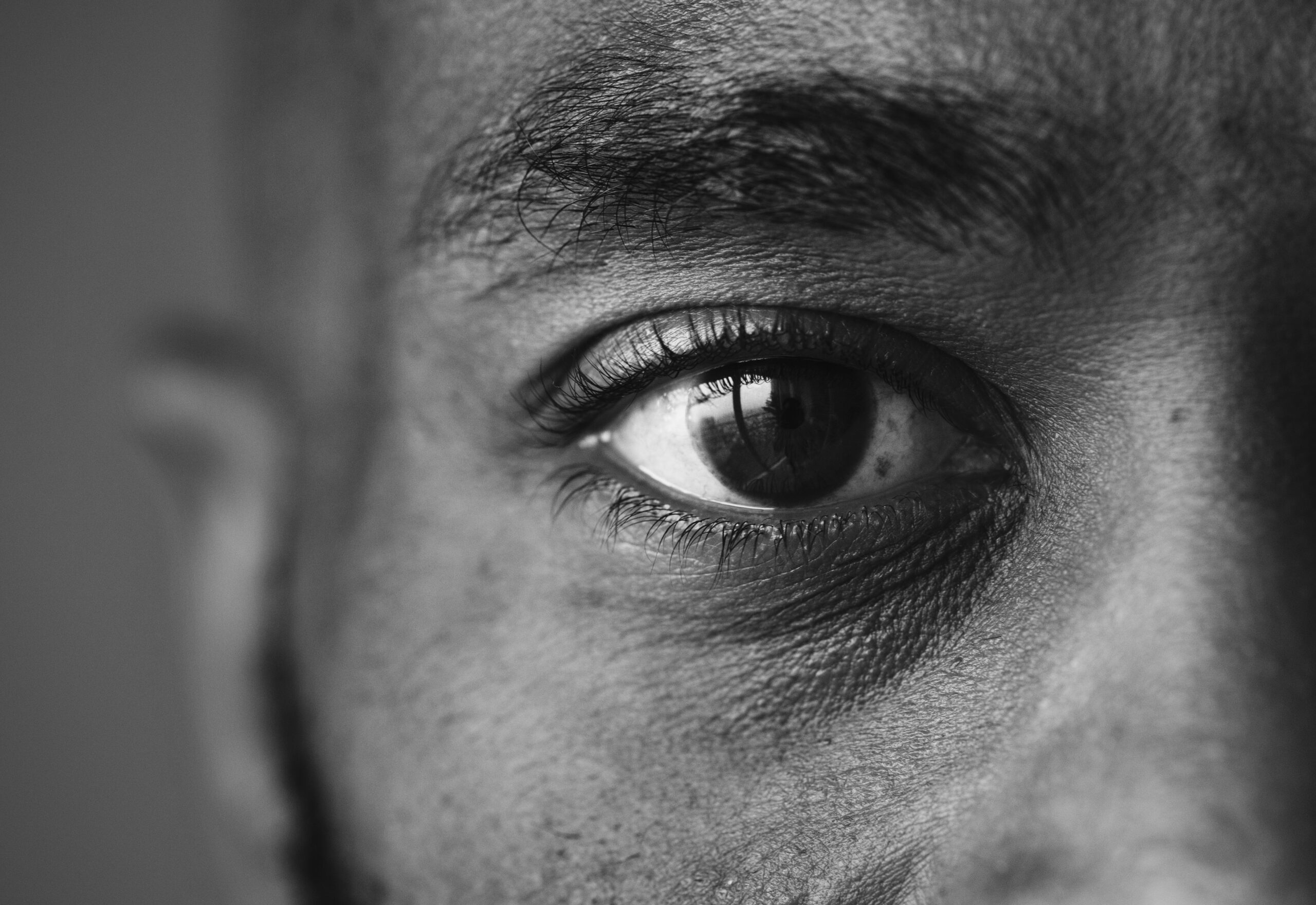Volume 14 Issues 2 February, 2024

(Senior Resident, N.C. Medical College & Hospital, Panipat, Haryana- 132107)
versha.psych@gmail.com
In today’s digital world, beauty is no longer just a personal preference—it’s a social currency. For Indian Gen Z (Born between year 1997 – 2012), growing up in an era of Instagram filters, viral beauty trends, and influencer culture has reshaped their perception of self-worth and identity. While previous generations had limited exposure to global beauty standards, today’s youth are constantly bombarded with images of ‘flawless’ skin, ‘ideal’ body types, and ever-changing beauty trends. But at what cost?
The New Beauty Standard
Indian Gen-Z is redefining beauty in its own way—moving beyond traditional norms that once glorified fair skin and long hair. There is rise of fair complexion with lean- dehydrated models, body-positive influencers, and inclusive brands signals progress. Yet, paradoxically, the pressure to conform to a new set of beauty ideals remains intense. From the ‘hourglass figure’ to the ‘glass skin’ obsession, social media continues to set unrealistic expectations, making many young people feel inadequate.
Social Media and the Digital Facade
With the rise of social sites such as Instagram, Tik-Tok, Facebookand Snapchat, beauty has become performance art. Filters, editing apps, and cosmetic procedures are no longer reserved for celebrities—anyone with a smartphone can alter their appearance in seconds. This curated perfection, however, has fuled body dysmorphia and low self-esteem. Studies show that excessive social media use is linked to increased anxiety and dissatisfaction with one’s body, as young individuals compare themselves to airbrushed, often unrealistic versions of beauty.
The Impact on Mental Health
The obsession with physical appearance isn’t just skin deep—it has severe mental health consequences. Eating disorders, depression, and anxiety related to body image are on the rise among Indian teens and young adults. The pursuit of validation through likes and comments creates a dangerous cycle of self-doubt and external approval-seeking, affecting confidence and overall well-being.
Self-Love & Realistic Beauty
While the beauty industry is evolving, a true change must come from within—by redefining self-worth beyond physical appearance. Indian Gen-Z is already leading this shift, championing movements like #NoFilter and #AcnePositivity. More conversations around mental health, self-acceptance, and holistic well-being are needed to counter the toxic side of beauty culture. Schools, families, and social media platforms must work together to encourage a healthier perspective on body image.
Conclusion
Beauty should be empowering, not exhausting. While looking good can boost confidence, it should never come at the cost of mental peace. Indian Gen-Z has the power to reshape beauty narratives, making them more inclusive, diverse, and mentally healthy. The real challenge is learning to embrace individuality in a world that profits from insecurities. Perhaps, in the end, true beauty is about owning who you are—unapologetically.



